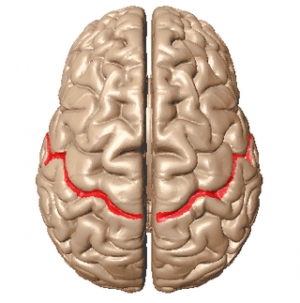Wikisage, the free encyclopedia of the second generation, is digital heritage
Cryptogenic epilepsy: Difference between revisions
(Grammatik) |
mNo edit summary |
||
| Line 11: | Line 11: | ||
*genetic e.g. [[Dravet%27s_syndrome|Dravet syndrome]] | *genetic e.g. [[Dravet%27s_syndrome|Dravet syndrome]] | ||
*structural/metabolic for example [[West%27s_syndrome|West syndrome]] | *structural/metabolic for example [[West%27s_syndrome|West syndrome]] | ||
* | *unknown cause including [[benign rolandic epilepsy]].<ref>http://onlinelibrary.wiley.com/doi/10.1111/j.1528-1157.1999.tb02008.x/epdf</ref> | ||
==Links== | ==Links== | ||
Revision as of 00:43, 2 September 2019

The cryptogenic epilepsy is a group of epileptic syndromes, both focal or generalized ones, with not demonstrated ethiology by the usual laboratory or neuroimaging techniques, but which are considered to be symptomatic of a hidden histopathological or cellular alteration, but not of a genetic nature[1]
“cryptogenic” was defined in 1989 as meaning “presumed symptomatic” apparently in the sense of “lesional.” It is, however, from among these “cryptogenic” epilepsies that syndromes such as ADNFLE and ADPEAF have been discovered. The Commission has abandoned all three terms and redefined concepts for groups of underlying cause. [2]
Currently, a classification with 3 subgroups is preferred
- genetic e.g. Dravet syndrome
- structural/metabolic for example West syndrome
- unknown cause including benign rolandic epilepsy.[3]
Links
Diagnosing idiopathic/cryptogenic epilepsy syndromes in infancy
Distribution of epilepsy syndrome...